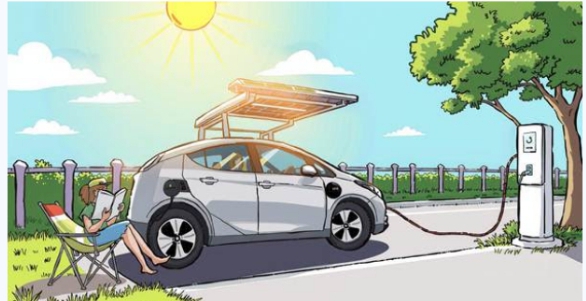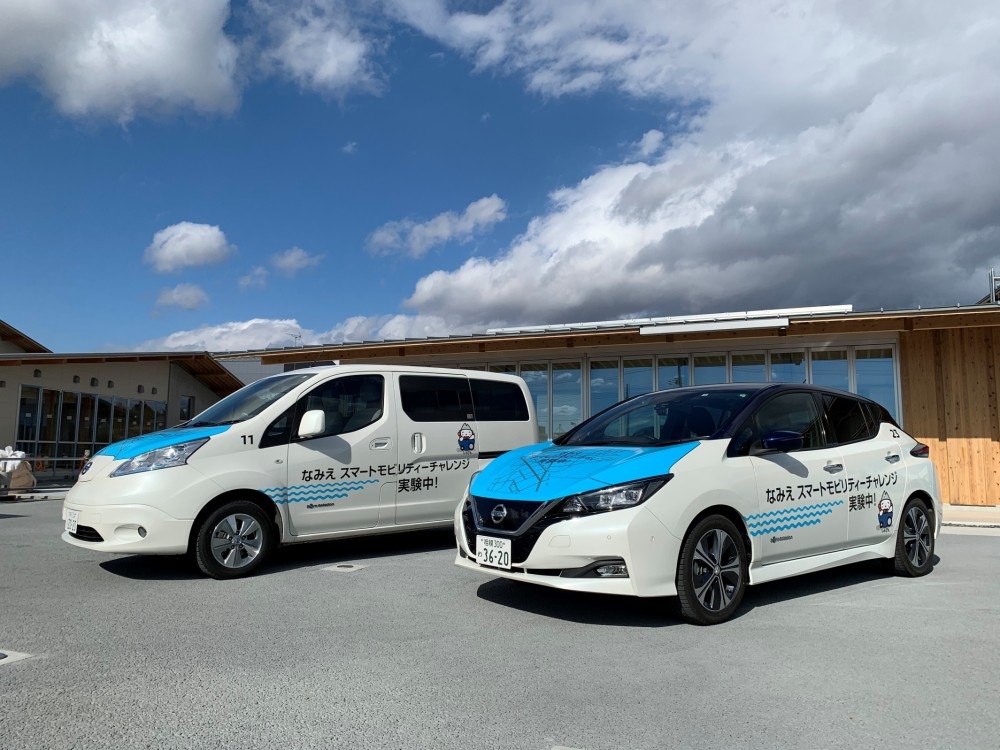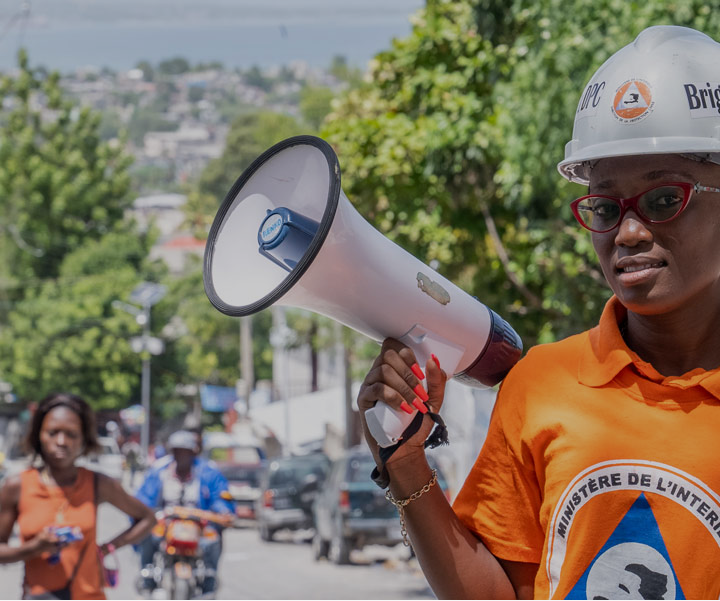
‘Mozambique holds the key to Southern Africa’s clean energy transition’
With its massive gas reserves and billions of dollars of investment flowing in to monetize them, Mozambique has a unique opportunity to deploy a flexible power strategy that will bring major benefits across both its domestic and regional electricity markets.












